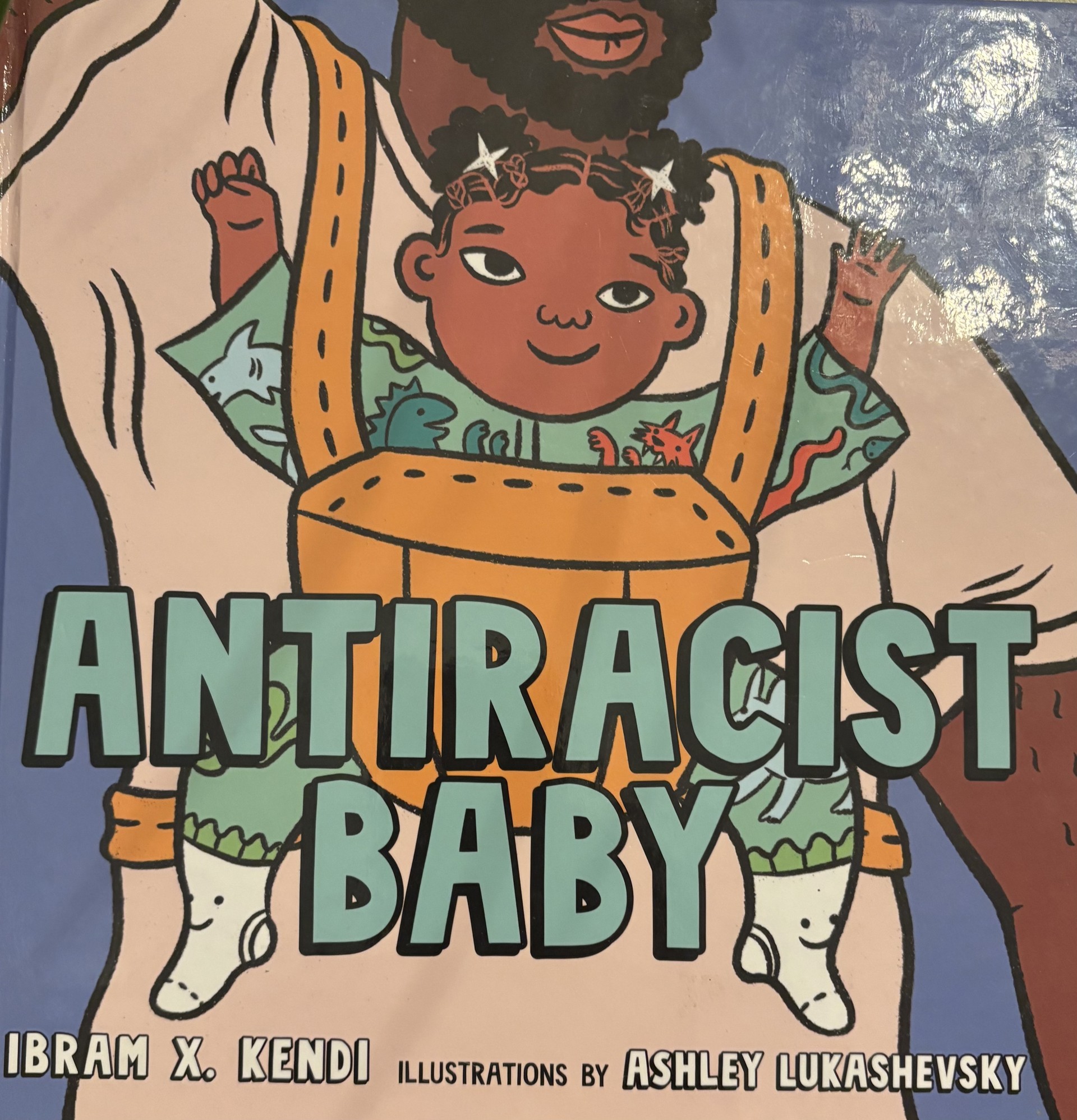Glossary
Glossary
This glossary provides definitions for key terms and concepts related to leadership in Early Childhood Education (ECE).
Each term listed is hyperlinked wherever it appears throughout the course site.
Special | A | B | C | D | E | F | G | H | I | J | K | L | M | N | O | P | Q | R | S | T | U | V | W | X | Y | Z | ALL
A |
|---|
AntiracistAs defined by Ibram X. Kendi, author of How to be an Antiracist (2019), “Antiracist: One who is expressing the idea that racial groups are equals and none needs developing, and is supporting policy that reduces racial inequity” (p. 24). Reference Kendi, I. X. (2019). How to be an antiracist. Penguin Random House: One World.
| |
C |
|---|
CareCare as a relational way of knowing and being beyond solely responding to a person’s needs. Care and the acting of caring is subjective, complex, and looks and feels different for everyone. Reference Relational leadership. (2025). Moodle course. [RRU]. | |
CompetencePossession of sufficient knowledge or skill. Reference Merriam-Webster. (n.d.). Competence. In Merriam-Webster.com dictionary. https://www.merriam-webster.com/dictionary/competence | |
Critical ReflectionCritical reflection involves thinking carefully and methodically about fundamental beliefs, with the goal of better understanding the various cultural, social, material, and historical forces that shape our sense of self and others and how we view the world. Critical reflection is both an individual and collective process that includes dialogue with colleagues as well as with the broader community. Reference British Columbia Ministry of Education. (2019). British Columbia early learning framework. Ministry of Education, Ministry of Health, Ministry of Children and Family Development, & Early Advisory Group. | |
Curriculum of careAll of our care routines give messages. If we rush our routines and do them mindlessly, what message do children receive? Our caregiving is part of what children are learning, when I change a diaper do I give the child the message that I enjoy this one-on-one time with them? Do I see their bodies in a positive light? When we eat together do we share ideas and notice what we are eating? When settling a child for a nap, do we take time to acknowledge who they are and what they need to fall asleep? Working with young children we remember that our care routines and our caring for and about the children and families is part of the curriculum. Reference | |
D |
|---|
DevelopmentalismThe application of a Eurocentric, Western view of children and childhood as unilinear, predictable, and eternal which posits the existence of a supposedly normal or typical development and trajectory ( p. 61) Reference Abawi, Z., Eizadirad, A., & Berman, R. (Eds.). (2021). Equity as praxis in early childhood education and care. Canadian Scholars. | |
Disposition
Reference Merriam-Webster. (n.d.). Disposition. In Merriam-Webster.com dictionary. https://www.merriam-webster.com/dictionary/disposition | |
Dualistic ThinkingTo have a dual understanding of something would be to understand both (of two) sides. The word dualistic is etymologically rooted in “duo” or “two” (Harper, 2025). In a philosophical sense, dualistic thinking can reinforce binary thinking, which is limiting and reductionist. It opposes large concepts, such as good/bad, right/wrong, strong/weak, etc. Reference Harper, D. (2021–2025). Dualism. Online Etymology Dictionary. https://www.etymonline.com/word/dualism | |
E |
|---|
Ethics of CareOffers is the notion of care as a relational way of knowing and being beyond solely responding to a person’s needs. Taking up care in this manner commits to cultivating resistances, practices, processes, and policies which work toward the flourishing of all, human and other than human, within complex interconnected systems. Reference Relational leadership (2025). Moodle course. [RRU]. | |
